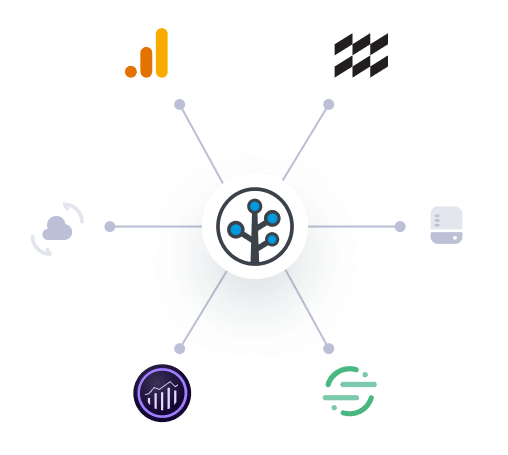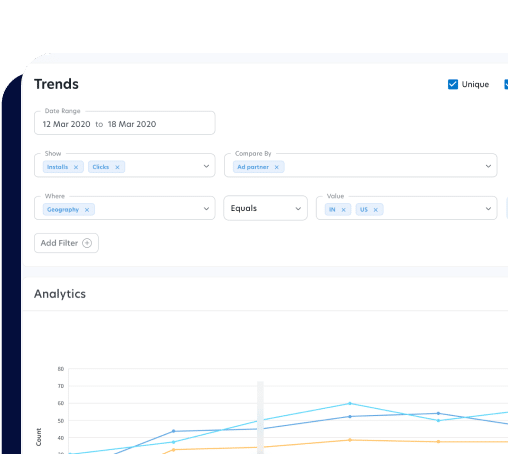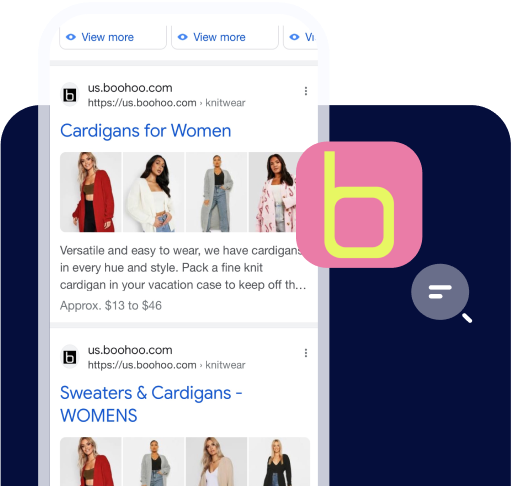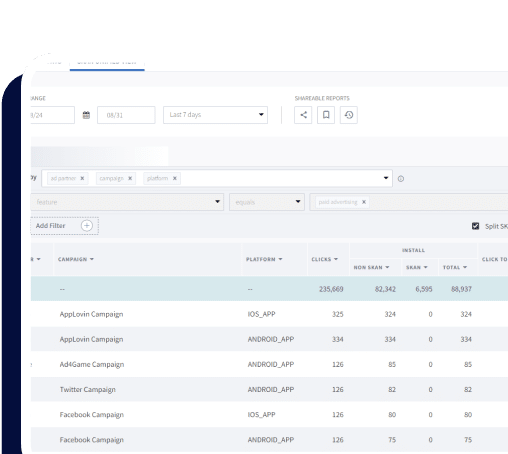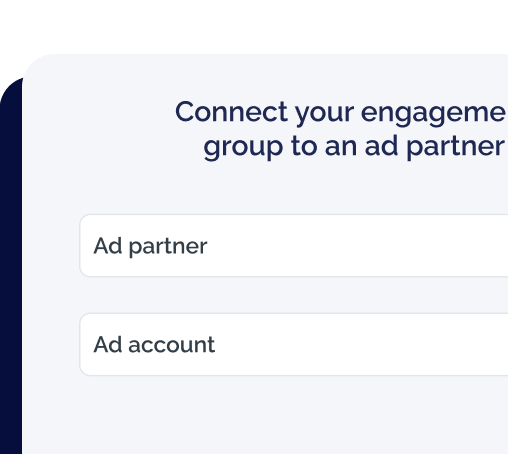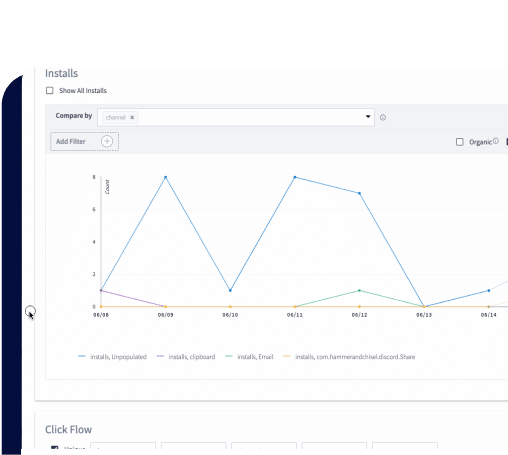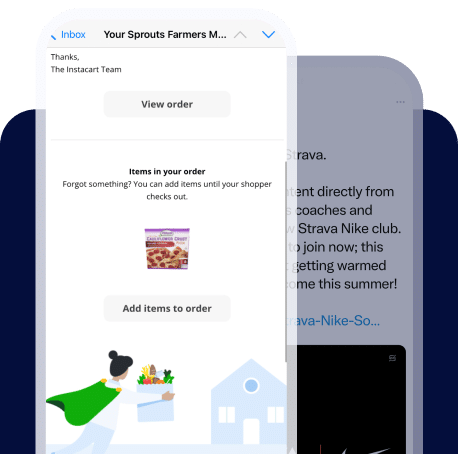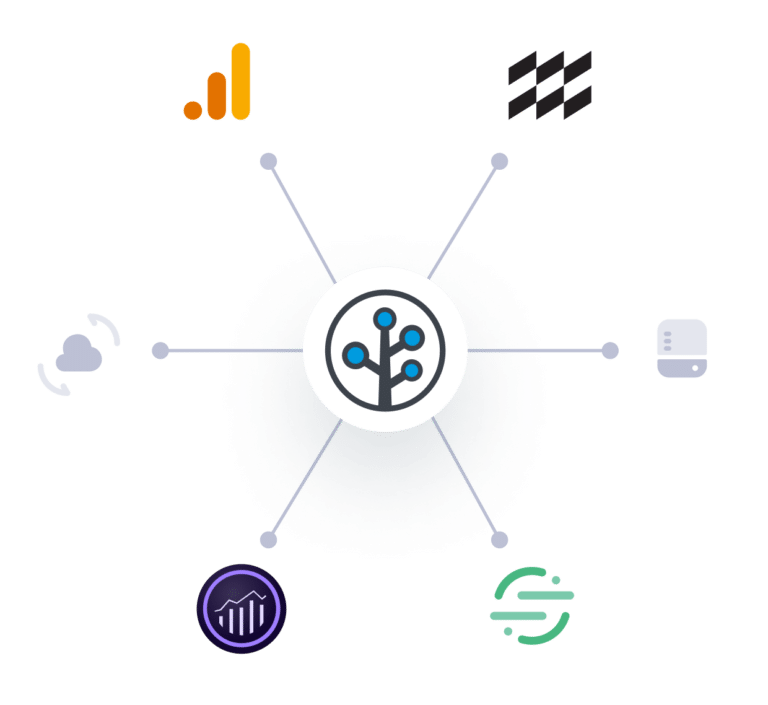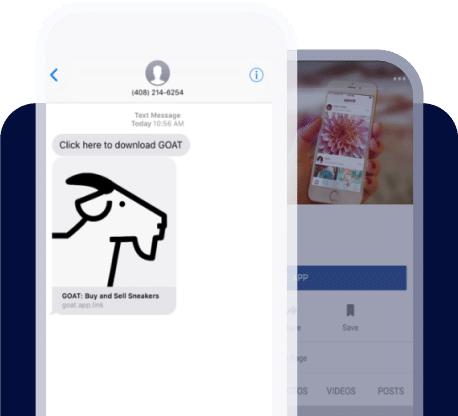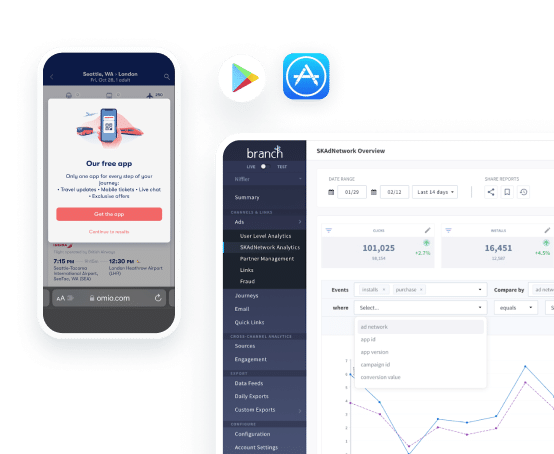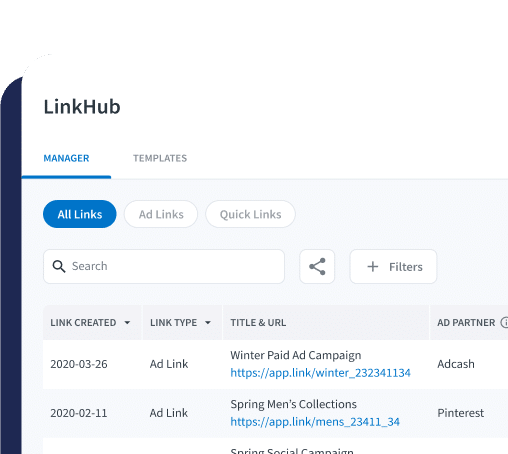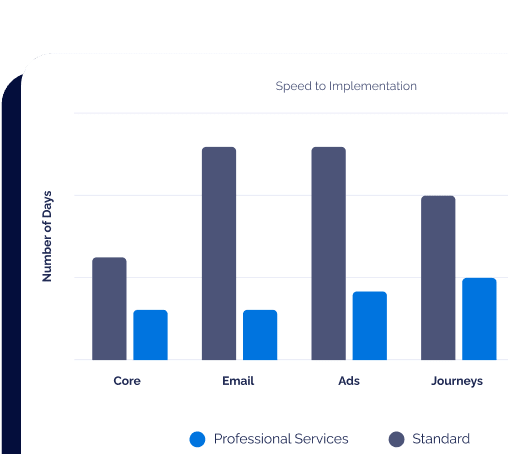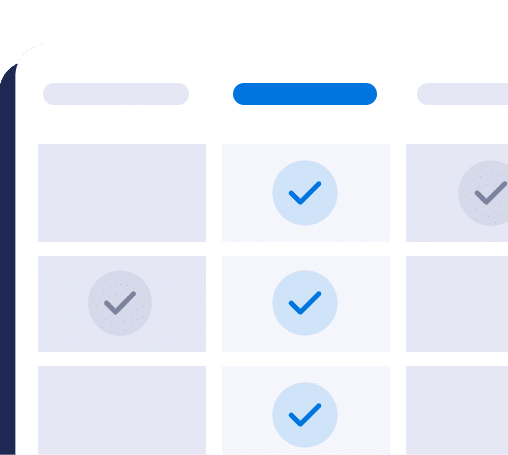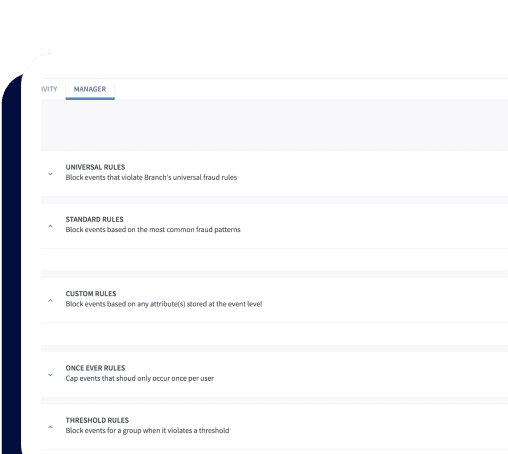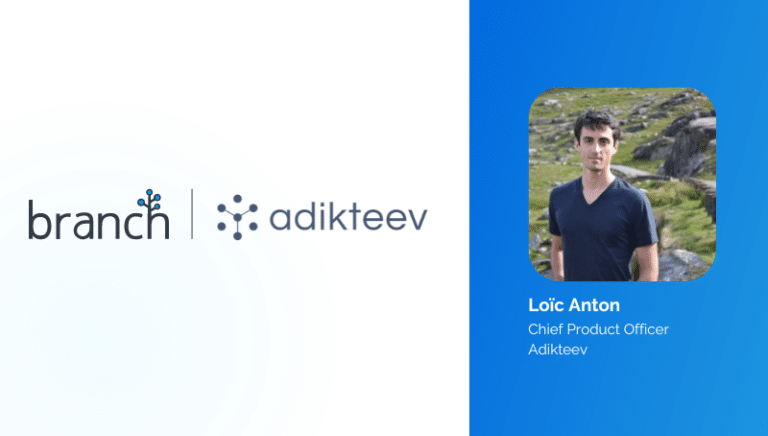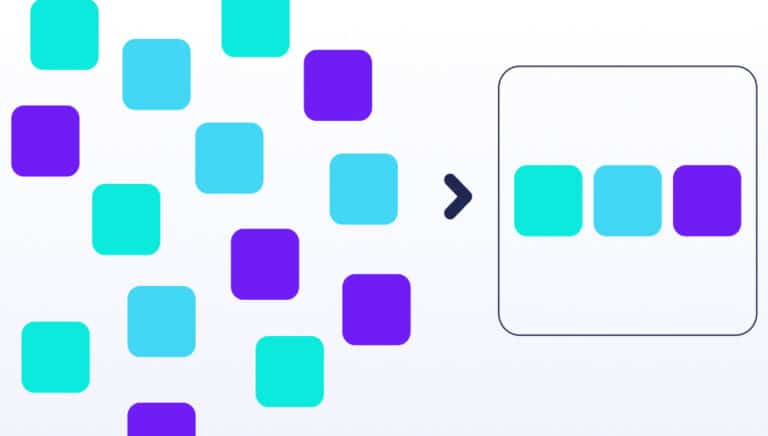What is Google Advertising Identifier (GAID)?
A unique identifier that Google assigns to Android devices. This code enables marketers and app developers to track users for the purpose of delivering more targeted and relevant ads to them. GAID also offers users more control over their privacy and advertising preferences.
GAID stands for Google Advertising Identifier. It is a resettable, unique identifier for advertising, provided by Google Play Services. GAIDs ares used by advertisers to attribute ad activity on Android devices. Mobile app installs and purchases made within the app are the most common conversion metrics that can be tracked with GAID-based attribution. With this data, advertisers can measure the effectiveness of their advertising and gain deeper insights regarding their customers.
Beyond the above, GAIDs also help marketers to target users who have taken specific actions within the mobile app. Based on the activity connected to each unique GAID, advertisers and marketers can know which users are most valuable to their brands, and send a collection of GAIDs to ad networks as an audience for ad targeting.
Future deprecation of the GAID?
Signs of increasingly restrictive privacy policies, signaling a push towards the eventual deprecation of the GAID, have been visible since the release of Android 12 in May 2021. Limitations to behavioral tracking for ads on Android were a major step in this direction.
In February 2022, Google announced that its Android Privacy Sandbox, composed of four “design proposals”, will be rolled out in the next two years. These proposals are comparable to Apple’s privacy initiatives for iOS 14.5, realized in 2021. These required an “opt-in” for iOS users, a policy Apple calls AppTrackingTransparency (ATT), which would determine the availability of the user’s device identifier (or IDFA) to ad networks and attribution providers. And they are especially comparable to the attribution paradigm of SKAdNetwork, which replaced device-level attribution reporting with aggregated reporting.
The goal of Google’s proposal is to extend privacy initiatives first released for web to Android native apps as well, likely with the ultimate goal of deprecating the GAID. In particular, the “Attribution Reporting API” proposal signals an intent to move towards ads measurement without the help of user-level identifiers.


